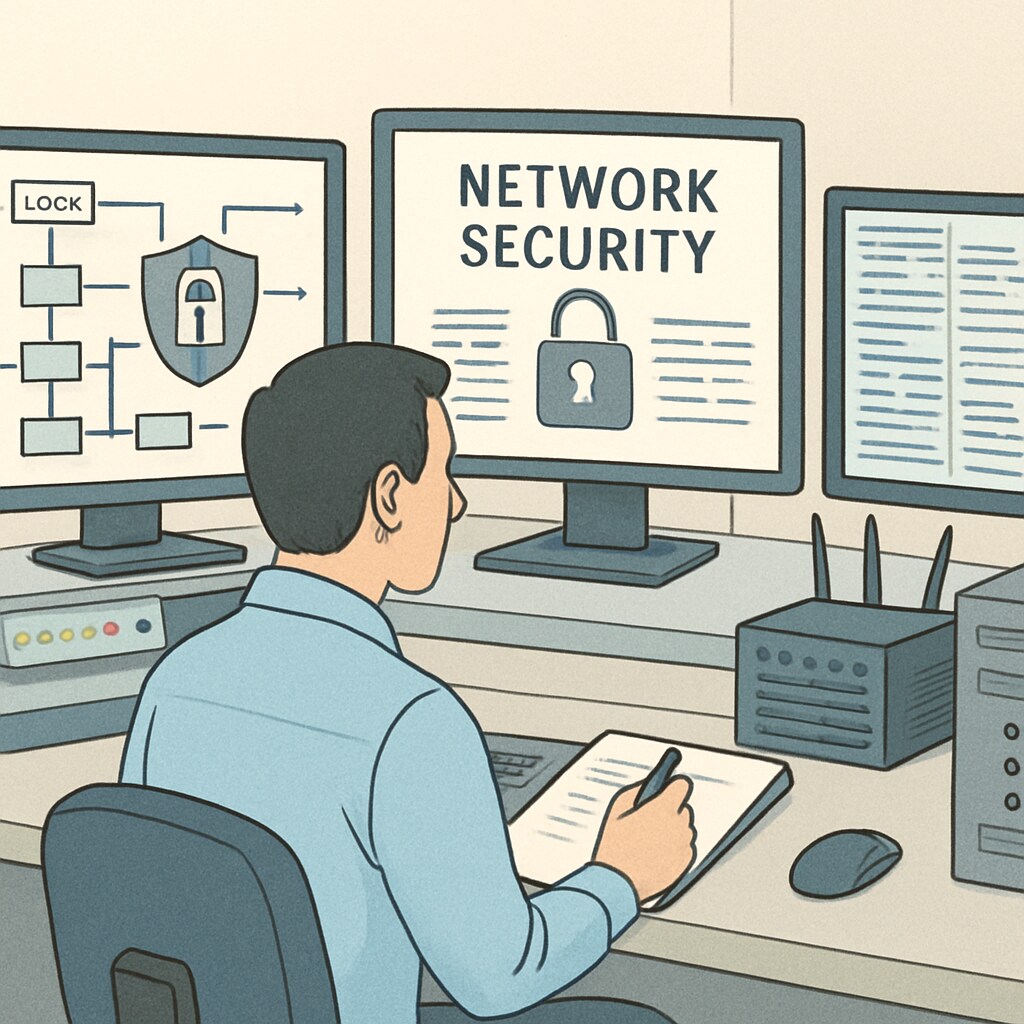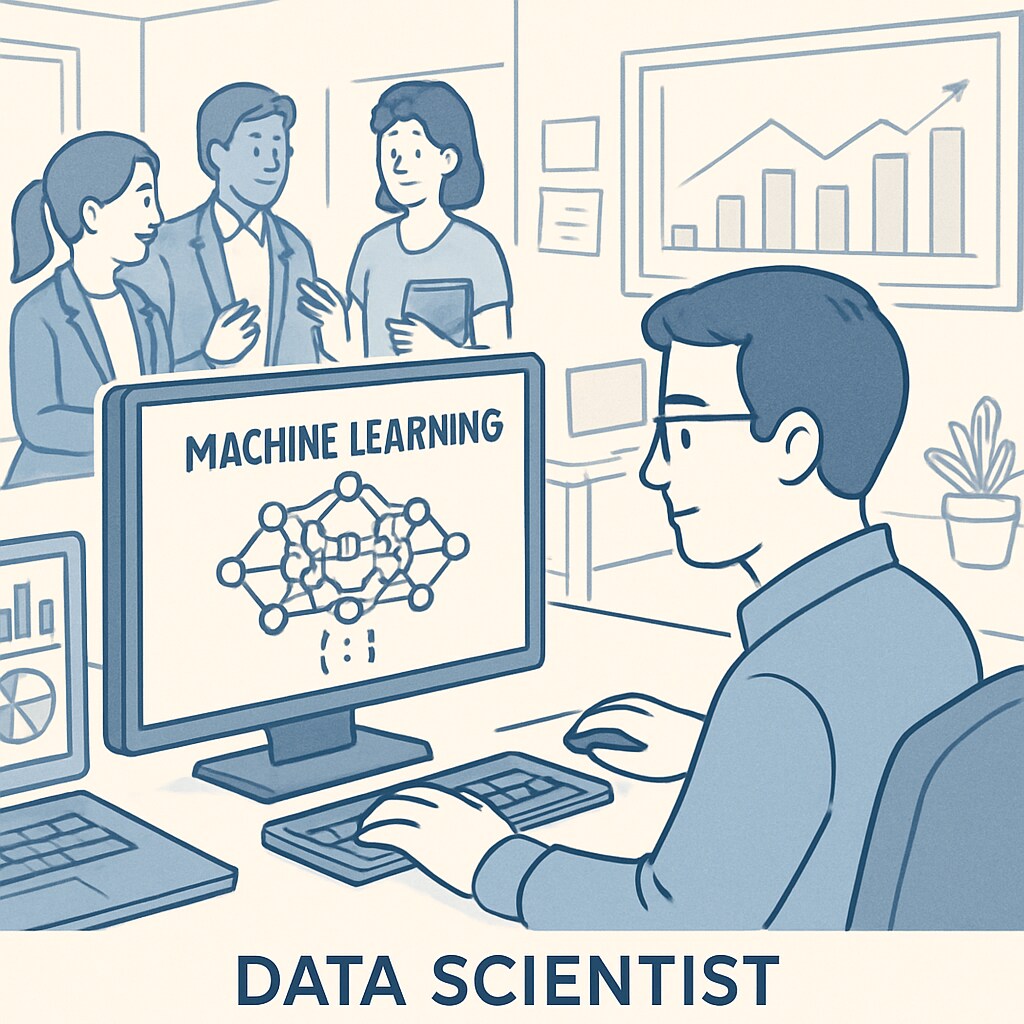The digital era has created abundant opportunities for those pursuing careers in cybersecurity and data science engineering. Both fields have gained immense popularity among K12 students exploring their future career options. By analyzing their learning paths, career prospects, and lifestyle differences, this article aims to equip students and parents with the information necessary to make well-informed decisions. Both cybersecurity and data science engineering promise exciting and rewarding careers, but the choice ultimately depends on personal interests and abilities.
Understanding Cybersecurity: Protecting the Digital World
Cybersecurity focuses on safeguarding systems, networks, and data from malicious attacks. Professionals in this field work to identify vulnerabilities, prevent breaches, and implement robust security measures. As cyber threats grow increasingly sophisticated, cybersecurity experts are in high demand across industries such as finance, healthcare, and government sectors.
For students interested in cybersecurity, foundational topics include ethical hacking, cryptography, and network security. Certifications such as CompTIA Security+, Certified Ethical Hacker (CEH), or CISSP provide a competitive edge in the job market. Career roles include security analyst, penetration tester, and cybersecurity consultant.
- Skills Required: Problem-solving, attention to detail, and knowledge of coding languages like Python and Java.
- Job Market: High demand with lucrative salaries, especially in industries handling sensitive data.
- Lifestyle: Often involves on-call hours and rapid response to security incidents, requiring adaptability.
According to Britannica, the field of cybersecurity is expected to grow exponentially as digital transformation continues worldwide.

Data Science Engineering: Harnessing the Power of Data
Data science engineering revolves around extracting meaningful insights from vast amounts of raw data. Professionals use statistical methods, machine learning algorithms, and programming tools to analyze data and drive decision-making processes. Industries like e-commerce, healthcare, and entertainment rely heavily on data science to predict trends and improve operations.
Students interested in data science engineering should focus on subjects like statistics, machine learning, and data visualization. Tools such as Python, R, and SQL are essential, alongside platforms like TensorFlow for deep learning. Career roles include data analyst, machine learning engineer, and data scientist.
- Skills Required: Analytical thinking, mathematical expertise, and proficiency in programming languages.
- Job Market: Explosive growth with opportunities in diverse industries, from tech giants to startups.
- Lifestyle: More predictable work hours, largely focused on research and analysis.
Wikipedia highlights the interdisciplinary nature of data science, combining computer science, mathematics, and business knowledge.

Choosing Between Cybersecurity and Data Science Engineering
The choice between cybersecurity and data science engineering should be guided by individual interests and aptitudes. Students passionate about protecting digital systems and combating cybercrime may find cybersecurity more appealing. On the other hand, those drawn to statistical analysis and predictive modeling might thrive in data science engineering.
Both fields offer promising career paths, but they differ in terms of workstyle and focus. Cybersecurity professionals often operate in high-pressure environments, dealing with real-time threats, while data scientists engage in research-oriented tasks, focusing on long-term data solutions.
Key Factors to Consider:
- Interest Area: Do you enjoy problem-solving or analyzing data trends?
- Skill Set: Are you more inclined toward coding or mathematics?
- Work Environment: Do you prefer dynamic incident response or structured research?
Ultimately, both fields offer substantial opportunities for growth and innovation. Students and parents should explore their options and consider internships, workshops, and mentorships to gain firsthand experience in these disciplines.
The Future of Digital Careers
As technology continues to evolve, both cybersecurity and data science engineering remain at the forefront of the digital economy. The global reliance on secure systems and actionable insights guarantees sustained demand for professionals in these fields. For K12 students, early exposure to these career options through coding classes, hackathons, or data competitions can provide a valuable head start.
Whether securing networks or analyzing data, the journey begins with exploring your interests and building relevant skills. Both paths promise a fulfilling future, shaping the digital landscape for years to come.
Conclusion: Cybersecurity and data science engineering represent two pillars of the digital era. By understanding their unique characteristics and aligning them with personal goals, K12 students can confidently navigate their career choices and contribute to a technology-driven world.


